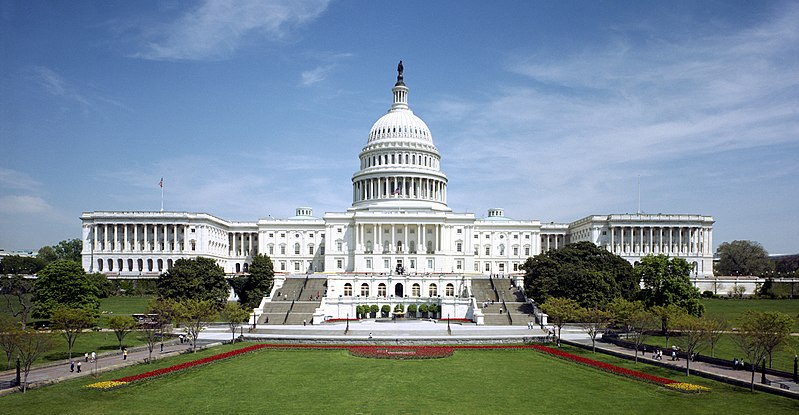
SEOUL – Has the world entered a new era of chaos? America’s vacillating policy toward Syria certainly suggests so. Indeed, the bitter legacy of the invasions of Iraq and Afghanistan, followed by the 2008 financial crisis, has made the United States not only reluctant to use its military might, even when “red lines” are crossed, but also seemingly unwilling to bear any serious burden to maintain its global leadership position. But, if America is no longer willing to lead, who will take its place?
China’s leaders have demonstrated their lack of interest in active global leadership by openly rejecting calls to become a “responsible stakeholder” in the international political and economic systems. Meanwhile, though Russia may wish to maintain the illusion that it is a global power, it lately seems interested primarily in thwarting America whenever possible – even when doing so is not in its own long-term interests. And Europe faces too many internal problems to assume any significant leadership role in global affairs.
Unsurprisingly, this dearth of leadership has seriously undermined the effectiveness of international institutions, exemplified by the United Nations Security Council’s ineffectual response to the Syria crisis and the failure of the current round of World Trade Organization (WTO) trade negotiations. This situation resembles the 1930’s – a decade when, as the economic historian Charles P. Kindleberger argued, a leadership vacuum led to the under-production of global public goods, deepening the Great Depression.




